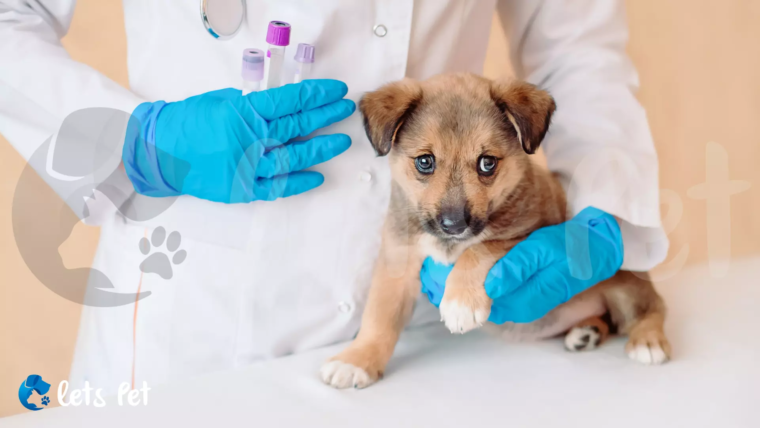Grooming is more than just a cosmetic ritual for your furry friend; it’s a fundamental aspect of their overall well-being. A healthy coat not only contributes to your pet’s physical health but also enhances their emotional and mental state. Here’s a comprehensive guide to basic pet care for a lustrous and healthy coat.
Brushing Basics: Regular brushing is essential for all pets, regardless of their fur length. Brushing helps remove loose hair, prevents matting, and stimulates the production of natural oils that contribute to a shiny coat. The frequency of brushing depends on the breed, with long-haired breeds needing more frequent sessions. Not only does brushing keep the coat in top condition, but it also provides an opportunity to check for skin issues, lumps, or abnormalities.
Bathing Tips: While some pets may not need frequent baths, maintaining proper hygiene is crucial. Use a pet-friendly shampoo and ensure the water is at a comfortable temperature. Bathing frequency varies based on factors like breed, activity level, and skin conditions. Over-bathing can strip the coat of essential oils, leading to dryness. Always dry your pet thoroughly, especially those with thick coats or folds in their skin, to prevent skin issues.
Nail Care: Trimming your pet’s nails is an often overlooked but important grooming task. Long nails can cause discomfort, affect mobility, and lead to joint issues. Use pet nail clippers and be cautious not to cut into the quick, which may cause bleeding. If you’re unsure, consult your vet or a professional groomer for guidance.
Ear Cleaning: Regular ear cleaning is vital, especially for breeds prone to ear infections. Use a gentle ear cleaner and cotton balls to remove dirt and wax. Avoid inserting objects into the ear canal, as this can cause injury. If your pet displays signs of ear discomfort or if you notice a foul odor, consult your vet promptly.
Dental Hygiene: Oral health is a significant component of overall pet care. Brush your pet’s teeth regularly using a toothbrush and toothpaste formulated for animals. Dental chews and toys designed to promote dental health can also be beneficial. Good oral hygiene not only prevents bad breath but also reduces the risk of dental diseases that can impact your pet’s well-being.
Professional Grooming: For certain breeds or those with specific grooming needs, professional grooming may be necessary. Professional groomers are trained to handle various coat types and can provide services such as haircuts, dematting, and expressing anal glands. Regular professional grooming sessions can keep your pet’s coat in optimal condition.
In conclusion, grooming is a holistic approach to pet care that extends beyond aesthetics. It fosters a strong bond between you and your pet while ensuring their physical health and emotional well-being. By incorporating these grooming basics into your routine, you contribute to a healthy and radiant coat, making your pet not only look good but feel good too. Regular grooming sessions also serve as an opportunity to monitor your pet’s overall health and catch any potential issues early on. Remember, a well-groomed pet is a happy and healthy pet.



